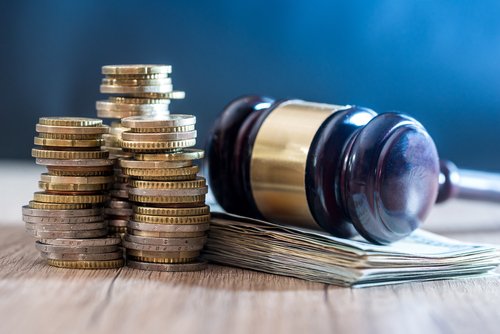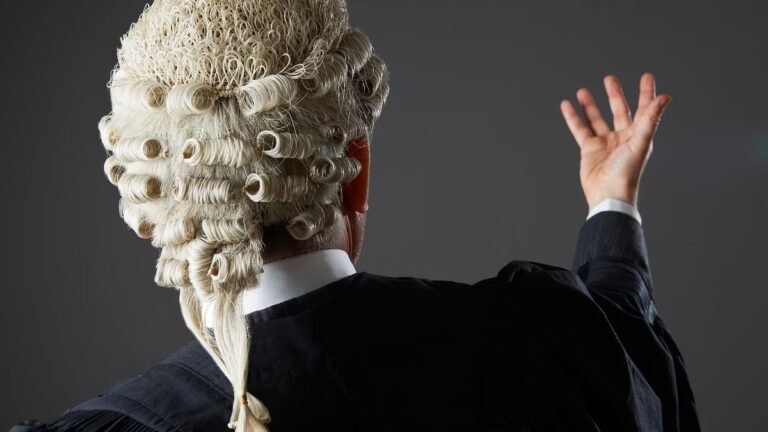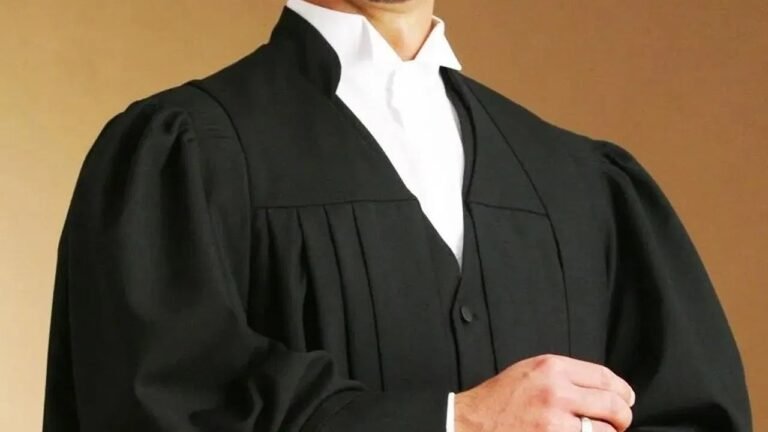Can Lawyers Get in Trouble for Lying
Can Lawyers Get in Trouble for Lying? is a vital subject that frequently comes up in the context of legal ethics and professional responsibility. The honesty and reliability of lawyers are critical to the integrity and legitimacy of the legal system. Let’s explore this subject and look at the moral issues surrounding the question of whether lying by a lawyer might result in consequences.
Recognizing the Truthfulness Duty and Professional Responsibilities
Upholding the truth and being honest in their dealings with clients, courts, and opposing parties is a legal and ethical requirement for lawyers. A fundamental component of legal ethics, the responsibility of truthfulness is necessary to maintain the integrity of the legal system.
Consequences of Lying
When attorneys are found guilty of lying, there may be serious and long-lasting repercussions. Lying erodes the confidence that the public, courts, and clients have in lawyers. In addition, there may be disciplinary proceedings, legal penalties, and harm to the attorney’s standing in the legal community.
Standards of Law and Ethics
During legal processes, it is against ethical and legal standards for attorneys to make false claims, misrepresentations, or omissions of material information. It is the responsibility of attorneys to present material that is true and correct to the best of their knowledge.
The repercussions of dishonest lawyers: Professional Sanctions
Attorneys who participate in dishonest behavior may be subject to disciplinary actions by state bar associations or other oversight organizations. Professional penalties for lying might include warnings, fines, suspension from the practice of law, or both.
Responsibility Legally
Attorneys who lie may also face legal repercussions, such as civil liability for losses brought on by fraud or deceit. Attorneys may be held liable for any losses incurred by their dishonesty, including monetary losses or harm to their clients’ or other parties’ reputations.
Loss of Credibility and Trust
The loss of credibility and trust in the legal profession is possibly the most important effect of dishonest lawyers. Customers trust their lawyers to act honorably and truthfully while advocating on their behalf. Lawyers who break this trust damage the reputation of the legal profession overall and threaten the foundation of the attorney-client relationship.
Frequently Asked Questions, or FAQs
- Can attorneys ever tell falsehoods on behalf of their clients?Attorneys are not allowed to act dishonestly or deceitfully, even though they have an obligation to vigorously defend the interests of their clients. Attorneys must always act in the best interests of their clients by being truthful and morally upright.
- How can clients guard against dishonest lawyers?By carefully screening possible lawyers, keeping lines of communication open, and obtaining second opinions or independent legal advice if they have reason to believe that their lawyer is acting unethically, clients can safeguard themselves against dishonest lawyers.
- If a client finds out their lawyer has misled them, what should they do?A client should think about reporting the misbehavior to the proper authorities, including the state bar association or disciplinary board, if they find out that their lawyer has lied to them. The client might also want to look into other legal representation possibilities and investigate their options for taking legal action.
In summary
In conclusion, the debate over whether or not lying by a lawyer can result in consequences highlights how crucial honesty and integrity are to the legal profession. Lawyer dishonesty not only transgresses legal and ethical norms but also erodes the confidence and trust necessary for the legal system to operate. By respecting the responsibility of candor and holding lawyers responsible for dishonest behavior, we protect the reputation and integrity of the legal profession and guarantee justice for everybody.




